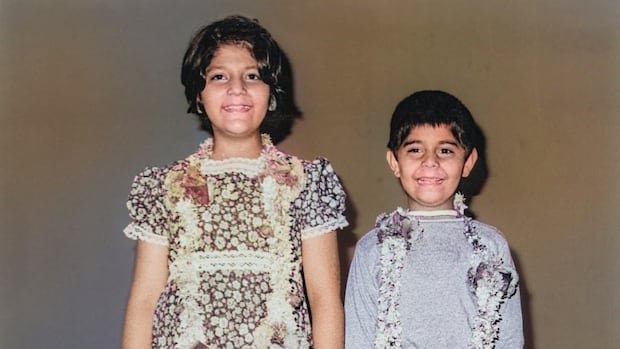In today’s society, the pursuit of happiness is a prevalent theme, often depicted in advertisements promising joy through material possessions. This societal focus on happiness can sometimes overshadow the acceptance and expression of grief beyond what is deemed “normal.”
Growing up as the middle child in a happy family, I shared a special bond with my younger brother, Sharad. Our close relationship deepened after our family relocated from India to Canada in 1980. Sadly, on June 23, 1985, Sharad’s life was tragically cut short when Air India Flight 182, the plane he was on, was destroyed by a bomb blast. At just 16 years old, he perished along with all the other passengers, leaving no tangible trace behind.
Despite our efforts to adhere to our cultural rituals and accept his physical absence, emotionally, the loss of Sharad deeply affected our family. The void left by his departure permeated our daily lives, manifesting in poignant reminders of his presence that haunted us for years.
In the aftermath of this tragedy, my sister and I shifted our focus to supporting our grieving parents, putting our own aspirations on hold. While externally we appeared to be thriving in our academic and professional pursuits, internally, we grappled with profound sorrow and a sense of emptiness.
The lack of closure and justice surrounding the Air India bombing compounded our grief over the years. The inadequate investigation, flawed legal proceedings, and societal amnesia about the incident only added to our anguish, making it challenging to find solace and closure.
Contrary to the common belief in the stages of grief leading to closure, I’ve come to understand that grief is a lifelong companion. After grappling with depression and seeking therapy to confront my suppressed emotions, I’ve learned to coexist with my grief, acknowledging its presence and allowing it to ebb and flow within me.
Recognizing the universality of grief, I’ve found solace in connecting with others who are also navigating their own journeys of loss and sorrow. Offering support to those grieving, whether through small gestures or silent companionship, can make a profound difference in their healing process.
Reflecting on the past 40 years, I am grateful for the unwavering support and compassion of friends and family who have stood by me during my darkest moments, enabling me to share my story with resilience and hope.
If you have a personal story that could resonate with others or offer insights into overcoming adversity, we invite you to share it with us. Learn more about how to pitch your story idea to us by visiting the link provided.
[Original Source](https://www.cbc.ca/radio/ideas/first-person-grief-air-india-bombing-1.7644932)

